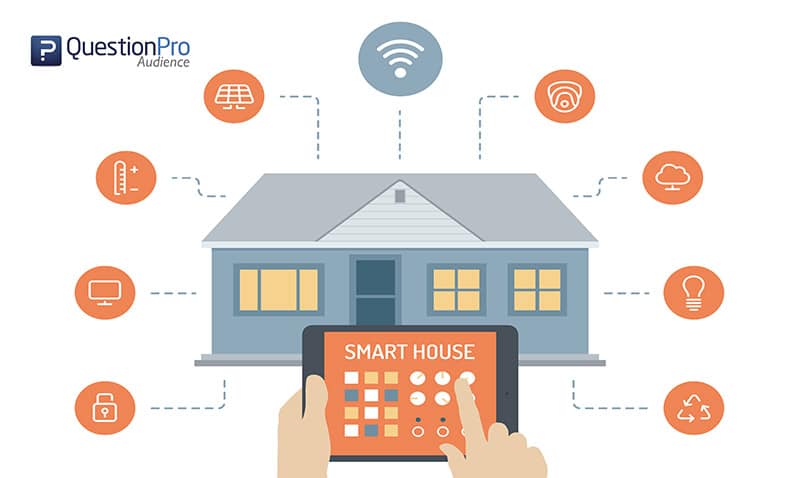Buzz Haven: Your Daily Dose of News
Stay informed and entertained with the latest buzz in news, trends, and insights.
Smart Homes: Where Your Fridge Might Be Judging You
Discover how smart fridges keep tabs on your eating habits—are they judging you? Uncover the perks and pitfalls of life in a smart home!
How Smart Can Your Fridge Really Get? Understanding the Technology Behind Smart Appliances
The advancement of technology has given birth to the smart fridge, a marvel of modern innovation that significantly enhances the way we manage our kitchens. At the core of these devices lies sophisticated software and sensors that monitor temperature, humidity, and contents. With integrated connectivity features, smart fridges can communicate with your smartphone or other smart home devices, allowing you to keep track of groceries and even create shopping lists right from your device. This functionality not only makes meal planning easier but also reduces food waste by ensuring you use ingredients before they spoil.
Moreover, many smart fridges come equipped with advanced features such as built-in touch screens, internal cameras, and voice assistant compatibility. For example, some models allow you to view the contents of your fridge from your phone while you're grocery shopping, ensuring you never buy duplicate items. The integration of AI technology means that these appliances can learn your habits over time, offering personalized recommendations for meal ideas and reminders for items that are running low. As we delve deeper into the world of smart appliances, it's evident that the smart fridge is not just a luxury but a practical solution for modern living.

Are Smart Homes Spying on You? The Privacy Debate Surrounding Connected Devices
The rise of smart homes has brought about convenience and efficiency, but it has also sparked a significant privacy debate. Many consumers enjoy the benefits of connected devices, such as smart thermostats and security systems, which allow for remote control and monitoring. However, these very devices that enhance our daily lives often come with the hidden cost of surveillance. According to numerous reports, many smart home devices collect data on user behavior, which raises concerns about who has access to this information and how it is utilized. Are smart homes spying on you? This question is at the forefront of discussions about privacy in the digital age.
On the other hand, proponents of smart technology argue that the benefits often outweigh the potential privacy risks. They highlight that manufacturers are implementing better security measures and more transparent privacy policies in response to consumer concerns. Despite these assurances, it remains crucial for consumers to stay informed about the data collection practices of their devices. Connected devices can be a double-edged sword; while they can streamline tasks and provide greater control over our living spaces, they also necessitate a critical examination of our privacy. Ultimately, the decision to embrace smart home technology should include careful consideration of how much data individuals are willing to share in exchange for convenience.
The Future of Kitchen Technology: Will Your Fridge Ever Judge Your Eating Habits?
The future of kitchen technology is evolving rapidly, and one of the most intriguing innovations may be the smart refrigerator. As these appliances become more advanced, many are questioning whether your fridge will ever judge your eating habits. Imagine a fridge equipped with artificial intelligence, capable of analyzing the contents inside and offering personalized nutritional advice. This level of interaction could encourage healthier eating habits, but it also raises concerns about privacy and autonomy in our dietary choices.
Moreover, the integration of sensors and machine learning algorithms means that your smart fridge could track your consumption patterns over time. It might provide insightful statistics about your eating habits, helping you make more informed decisions. However, the idea of a fridge 'judging' your lifestyle choices brings up important ethical questions: will we be comfortable with such scrutiny, or will it lead to more stress and anxiety about our food choices? The future of kitchen technology promises to enhance our culinary experiences, but how we embrace these innovations will define their role in our lives.